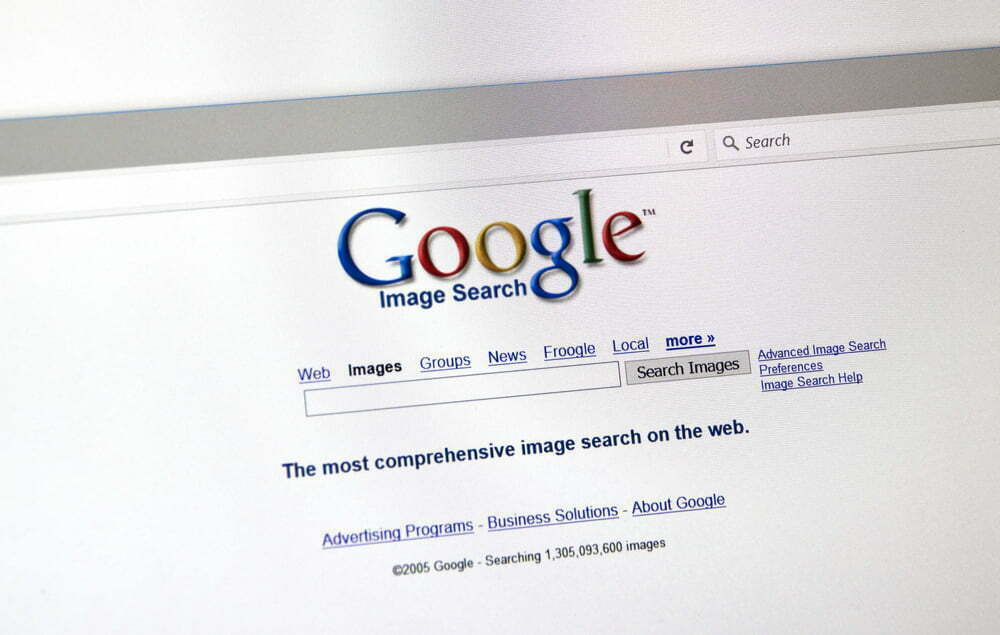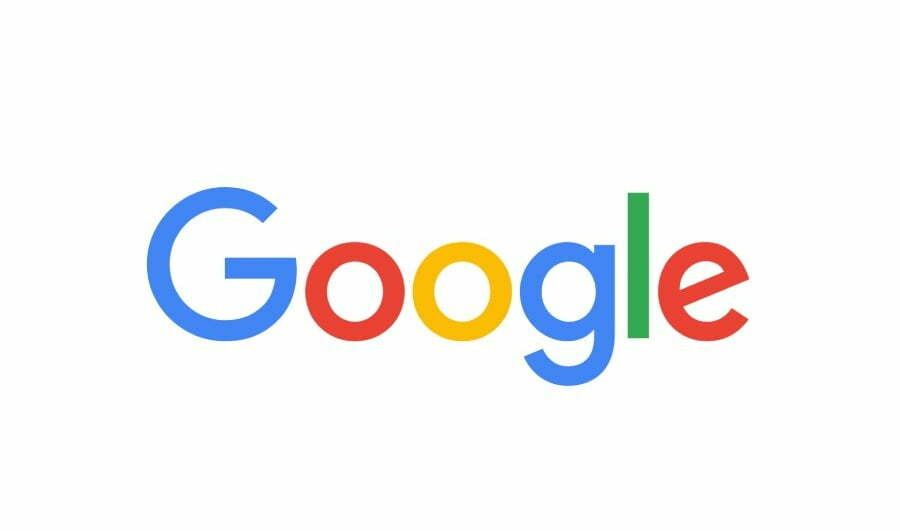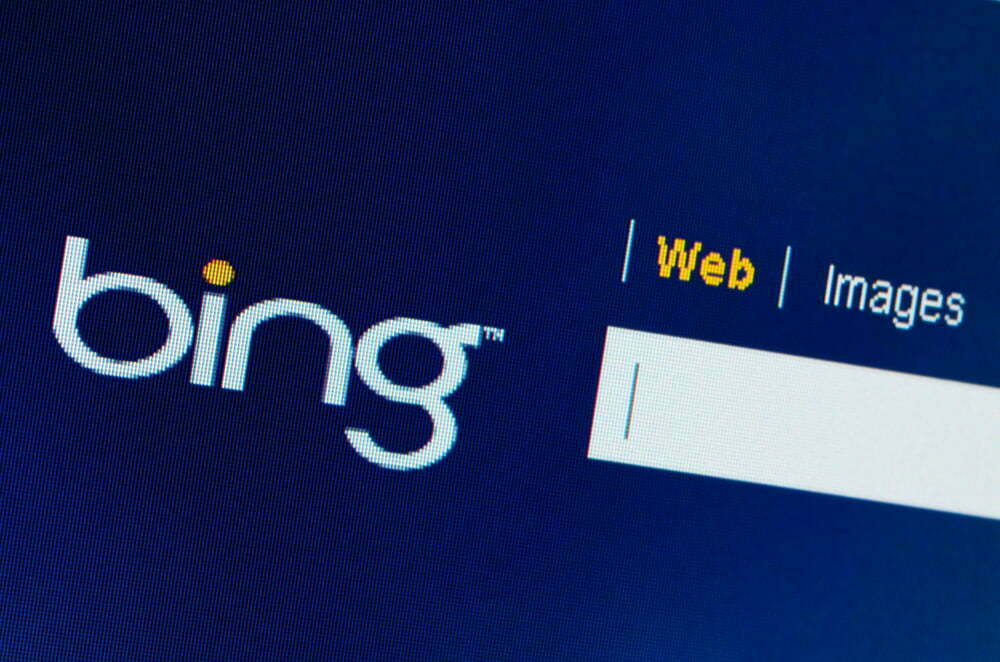Search engines like Google and Bing aim to help users find the information they need, whether it's satisfying curiosity or complex research. The primary goal of a search engine is to successfully guide each user through the vast sea of content on the web to discover what they are looking for.
Can you imagine navigating the World Wide Web without a search engine? Search engines do so many things for us. You might be wondering what is the primary goal of a search engine? But if you had to boil it down to how search engines work their primary goal, it’d look like this:
- To provide users with the most relevant and accurate information for their search query
To accomplish that, search engines have secondary goals, including:
- Index new pages as quickly as possible. Given that there are approximately 252,000 new websites created every day, that’s no small task!
- Get more traffic than competing search engines. When it comes to online business, it’s always a competition.
- Personalize results. Your search engine experience is tailored to your previous activities and the data you share, which may include your location, age, gender, and language.
Now that you know what search engines do, you may be wondering how they came to be. I’ll take a look back at where the internet and search intent started and what the search engine market looks like today:
History of Search Engines

Did you know? The world’s first search engine, Archie, was launched in Canada in 1989! It was developed by Alan Emtage (who was born in Barbados) while he was studying at McGill University in Montreal.
Here’s a quick history lesson on how search engines have evolved over the years (and how the internet looked before Google existed):
- Before search engines, the internet was indexed manually by humans. This quickly became impossible to keep up with as more and more people started using the World Wide Web.
- In 1989, Archie was released, which allowed users to find files by searching for the exact file name. After that, Veronica and Jughead were released.
- WebCrawler was launched in 1994 as the first search engine that allowed users to search for a specific word on any webpage.
- Yahoo! Search added a directory that users could search in 1995. This became a popular way for people to search for web pages.
- 1996: The first patent for an algorithm that measures website quality based on hyperlinks was released. This same technology went on to influence PageRank, a major algorithm change made on Google.
- PageRank made Google a huge success. It allowed Google to show more relevant results to users than any other search engine at the time. It began to overtake the search engine market, and many of its competitors dropped off.
And here we are today! It’s hard to imagine using the internet without a search engine. Today, billions of people rely on the internet to find information, connect with friends, and share content.
How a Search Engine Works & What is The Primary Goal of a Search Engine
When ranking different results for a search query, each search engine goes through three major tasks. Here’s an example of what happens when you upload a new website or web page to the internet:
Crawling
This is the first step! It’s how search engines understand what your website is about.
Some people call them crawlers. Others call them bots, spiders, or robots. Crawlers are the bots that search engines send to understand your website. Bots look at the links on the page, the content, and the robots.txt file to determine the page’s relevance and authoritativeness. Bots will follow links to other websites and pages then crawl those, too.
Indexing
Now that search engine bots have found your website, the next step is to store the information for later. It’s stored in a large database, which the search engine uses later to rank the content appearing in search results for individual users.
Ranking
Now for the part you’ve been waiting for: Ranking!
At this stage, the search engine will determine where to rank your index pages and content for a given search queries. The page that displays after a query is called the SERP results, or the Search Engine Results Pages. How does your web page measure up to your competitors?
Remember, the primary goal of any search engine is to show users the most relevant content. Search engines sort and display results based on their relevance to a user. They do this using complex algorithms that look at hundreds of different ranking factors.
How Search Engines Work and SEO
Understanding how search engines crawler, index, and rank webpages is key for effective search engine optimization (SEO). The goal of SEO is to help your webpages rank higher in search results for relevant queries by improving your website's authority, relevance, and visibility to search engines.
Some key SEO takeaways based on how search engines work:
- Optimize website content, titles, headers, URLs, etc. to be informative and relevant to what users are searching for. This helps search bots understand your pages.
- Ensure your site architecture makes it easy for bots to crawl and index your important pages.
- Build high-quality backlinks from authoritative sites to boost your domain's ranking authority.
- Analyze ranking factors and test changes to improve your SERP rankings for target keywords.
If you're new to SEO, we recommend reading our comprehensive beginner's guide to search engine optimization.
List of Popular Search Engines
Did you know there are other search engines than Google?
I’m joking. But it's worth exploring your options if you’ve never tried a different one.
Is Google really the best search engine? That’s up to you to decide. In any case, here’s a list of the most popular ones (ranked in order of popularity):

Without a doubt, Google is the most popular search engine in the world, both on desktop computers and mobile devices. If you’ve been following me for a while, then you know that most SEO strategies revolve around Google.

Bing
Bing can’t hold a candle to Google’s numbers, but it’s the biggest contender in the U.S.
Bing search results look nearly identical to Google results. What makes Bing different? Bing’s Rewards program allows users to earn credits for using the search engine. Those credits can be used to redeem gift cards or make donations.

Yahoo!
It’s been around since the early ‘90s, and it’s still going to this day. Yahoo! relies on Bing to power its search engine, so you’ll see very similar results between the two. But Yahoo! has a different interface.

DuckDuckGo
Wish you had more privacy online? If you’re tired of being tracked and getting targeted ads, try DuckDuckGo. It won’t store your data or personalize your ads based on your search history. DuckDuckGo isn’t that large yet, but its user base is steadily growing year over year.
Need Help Optimizing Your Website for Search Engines?
I know how complicated search engine optimization can be; I’ve spent years working as a Technical SEO Expert for a major agency. And I’m here to share what I’ve learned with you.
Want to learn more? Set up a free consultation call, and I’ll share how you can start dominating the search engine result pages. Contact me today!
FAQ
What are some common search engine ranking factors?
There are numerous factors that can impact a website's ranking on search engines, but some of the most common ones include:
- Quality of content: Search engines favor high-quality, relevant content that provides value to users.
- Backlinks: Links from other reputable websites to your website can improve your search engine ranking.
- Page load speed: Slow-loading pages can negatively impact your search engine ranking.
- Mobile-friendliness: Websites that are optimized for mobile devices may receive a higher rankings.
- Keywords: Strategic use of relevant keywords can improve your website's visibility.
- User experience: Websites that offer a positive user experience may receive a higher search engine ranking.
How has the goal of search engines evolved over time?
They have come a long way since their inception. Initially, the main goal of search engines was to provide users with a list of websites that matched their search query. However, over time, search engines have evolved to prioritize the user experience, providing more personalized and relevant results. With the rise of artificial intelligence and machine learning, they are now better equipped to understand user intent and provide more targeted results...
How can users make the most out of search engine results?
There are several ways that users can make the most out of search engine results:
- Be specific with your search terms: Using specific keywords can help you find more relevant results.
- Use search operators: Search operators, such as quotation marks or site:domain.com, can help you refine your search results.
- Look beyond the first page: Often, the best results are not on the first page of search engine results.
- Use image and video search: Many search engines offer image and video search options, which can be useful for finding visual content.
- Check for related searches: Related searches at the bottom of search engine results can provide additional options to explore.
How do search engines balance relevancy and monetization?
Search engines need to balance relevancy and monetization in order to remain sustainable. While providing relevant results is important for maintaining user trust and loyalty, search engines also need to generate revenue in order to support their operations. This can be achieved through advertising, sponsorships, or partnerships with other companies. However, search engines must ensure that any monetization efforts do not compromise the quality or relevance of search results...
What are some emerging trends in search engine technology and how will they impact the primary goal of search engines?
Some emerging trends in search engine technology include:
- Voice search: The rise of voice assistants and smart speakers has led to an increase in voice search. Search engines are adapting to this trend by providing more conversational and natural language search results.
- Artificial intelligence and machine learning: Search engines are increasingly using AI and machine learning to better understand user intent and provide more personalized results.
- Local search: With the increasing use of mobile devices, local search is becoming more important. Search engines are providing more localized results based on a user's location.
- Visual search: Visual search is becoming more popular, with search engines using image recognition technology to provide relevant results based on visual input.
- Semantic search: Semantic search involves understanding the meaning behind a user's search query, rather than just matching keywords. This allows search engines to provide more relevant results.
These emerging trends are likely to impact the primary goal of search engines by improving the relevance and personalization of search results, as well as providing new ways for users to interact with search engines.
Why is search engine optimization important for businesses?
Search engine optimization (SEO) is important for businesses because it helps them improve their online visibility and reach their target audience more effectively. By optimizing their website for search engines, businesses can increase their chances of appearing on the first page of search results, which can drive more traffic to their website and potentially lead to more sales.
One of the key benefits of SEO is the ability to personalize search results for users. By using data such as search history, location, and user preferences, search engines can provide more relevant results to users. This means that businesses that optimize their website for SEO can increase their chances of appearing in front of users who are most likely to be interested in their products or services.
Another reason why SEO is important for businesses is that it allows them to have greater control over their own pages. By optimizing their website, businesses can ensure that their website is structured and organized in a way that makes it easy for search engine crawlers to index and rank their pages. This can help to increase the visibility and credibility of their website, as well as ensure that users are able to find the information they are looking for.
In addition, SEO is important for businesses because it helps them serve users better. By optimizing their website, businesses can ensure that their website is user-friendly and easy to navigate. This can help to improve the user experience and encourage users to spend more time on their website.
Furthermore, high-quality content is a key component of SEO. By creating informative and engaging content that is optimized for relevant keywords, businesses can increase their chances of ranking higher on search engine results pages. This can help to establish their brand as a thought leader in their industry, as well as attract more traffic to their website.
In summary, search engine optimization is important for businesses because it helps them increase their online visibility, reach their target audience more effectively, serve users better, and establish themselves as a credible authority in their industry. By optimizing their website for SEO and creating high-quality content, businesses can improve their chances of success in the digital landscape.
References:
Williams, T. (2022, December 15). What is SEO? The Ultimate Guide for Beginners. https://serpfocus.com/what-is-seo/



Leave a Reply
You must be logged in to post a comment.